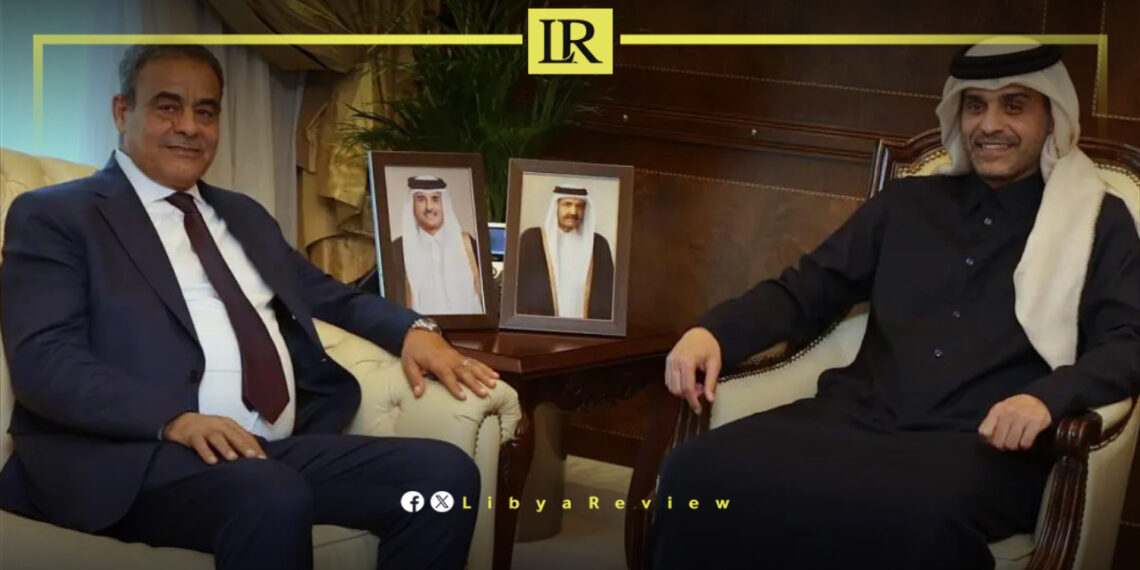Libya and Qatar have signed an updated Air Services Agreement, revising the original accord signed in April 2004.
In a move to enhance bilateral relations in the aviation sector, Libya’s Minister of Transport, Mohamed Al-Shahoubi, and Qatar’s Minister of Transport, Jassim bin Saif Al-Sulaiti, finalised the agreement, aiming to modernise its provisions to align with the latest developments in civil aviation.
The updated agreement introduces more flexible and adaptive regulations, fostering increased collaboration and streamlining air travel between the two nations.
Both ministers also discussed ways to develop broader cooperation in the transport and aviation sectors, exploring new opportunities to enhance partnerships between the respective aviation authorities.
The signing ceremony was attended by Libya’s Civil Aviation Authority President, Mohamed Shleibek, and his Qatari counterpart, Mohamed Al-Hajri, who oversees Qatar’s Civil Aviation Authority.
This agreement marks a significant step toward improving air connectivity and strengthening economic and trade ties between Libya and Qatar.
Libya has been in chaos since a NATO-backed uprising toppled longtime leader Muammar Gaddafi in 2011. The county has for years been split between rival administrations.
Libya’s economy, heavily reliant on oil, has suffered due to the ongoing conflict. The instability has led to fluctuations in oil production and prices, impacting the global oil market and Libya’s economy.
The conflict has led to a significant humanitarian crisis in Libya, with thousands of people killed, and many more displaced. Migrants and refugees using Libya as a transit point to Europe have also faced dire conditions.
The planned elections for December 2021 were delayed due to disagreements over election laws and the eligibility of certain candidates. This delay has raised concerns about the feasibility of a peaceful political transition.
Despite the ceasefire, security remains a significant concern with sporadic fighting and the presence of mercenaries and foreign fighters. The unification of the military and the removal of foreign forces are crucial challenges.


